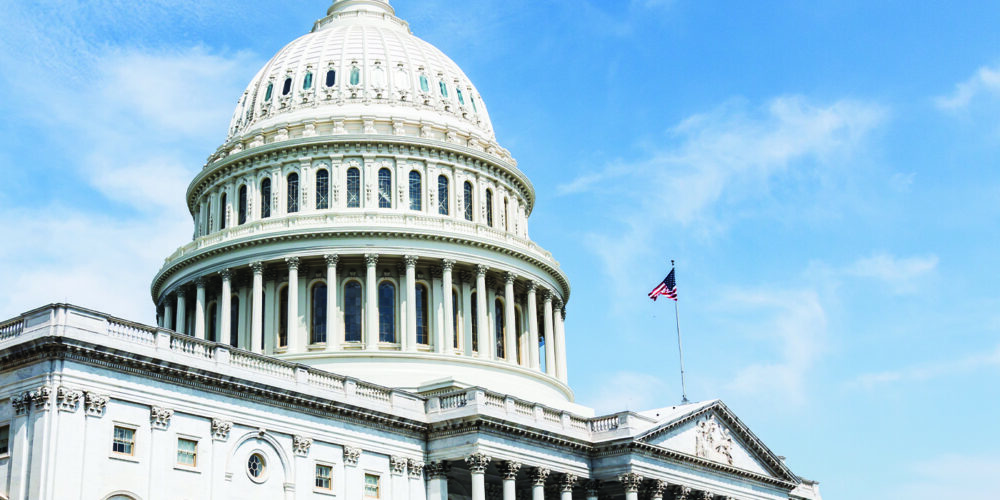BETHESDA, Md. – The Federal Trade Commission (FTC) has released an FTC Consumer Alert entitled “Auto Warranties, Routine Maintenance and Repairs: Is Using the Dealer a Must?” in response to a complaint filed by the Automotive Aftermarket Industry Association (AAIA), Automotive Oil Change Association (AOCA) and the Tire Industry Association (TIA).
To read Honda’s original statement as well as the associations’ letter of complaint, click here.
The FTC Alert was distributed in response to a letter sent by AAIA, AOCA and TIA charging that Honda had issued a release that appeared designed to give car owners the impression that their warranty right would be jeopardized if they used “aftermarket” parts. The Aug. 20, 2010, Honda release stated that “only by purchasing Honda Genuine parts through an authorized U.S. Honda dealer can you be assured of the replacement part’s authenticity, reliability and compatibility.”
In its Aug. 25 letter to the FTC, AAIA charged that the Honda statement was “in direct conflict with the Magnuson-Moss statute,” which prohibits the conditioning of a warranty on the use of the manufacturer’s brand products.
“We are pleased that the FTC has put out valuable guidance to U.S. car owners regarding their rights under their new car warranties,” said AAIA president and CEO, Kathleen Schmatz. “Vehicle manufacturers like Honda continue to put out misleading information that confuses car owners as to their ability to choose where and with what parts their vehicle is serviced and still protect their new vehicle warranty. Most surveys have shown that absent the warranty, the vast majority of consumers choose the independent aftermarket based on quality, price and convenience; and this FTC Alert will ensure they will have the peace of mind to exercise that choice.”
“The AOCA applauds FTC’s recent actions to protect consumers’ right to choose, especially the crucial clarification that the burden of proof in warranty cases is on the OEM/dealership, not the consumer,” said Patricia Wirth, president, AOCA.
“TIA will continue to push back against any infringement on our members in the aftermarket repair business by the vehicle manufacturers,” said Roy Littlefield, executive vice president, TIA. “It is a deliberate attempt to garner an unfair advantage and we are grateful that the FTC has reacted to this apparent trend.”
AAIA also stated in the letter that it believed statements made in the Honda release regarding the quality of non-Honda parts were misleading to consumers.
“In fact, thousands of replacement parts produced by companies other than Honda are available and sold for Honda vehicles. In the vast majority of cases, the reality that these parts are installed and used without any related vehicle issues points to the clear fact that the quality of aftermarket parts are known and preferred by many U.S. consumers,” the letter states.
The FTC Alert spells out a key provision of the Magnuson-Moss Warranty Act that it is illegal for manufacturers or dealers to claim that a consumers warranty is void or to deny warranty coverage simply because someone other than the dealer provided service. The alert states that an independent technician, a retail chain shop or even the car owner can do routine maintenance and repairs on their vehicle, without jeopardizing their new car warranty.
A copy of the FTC Consumer Alert can be found here.










